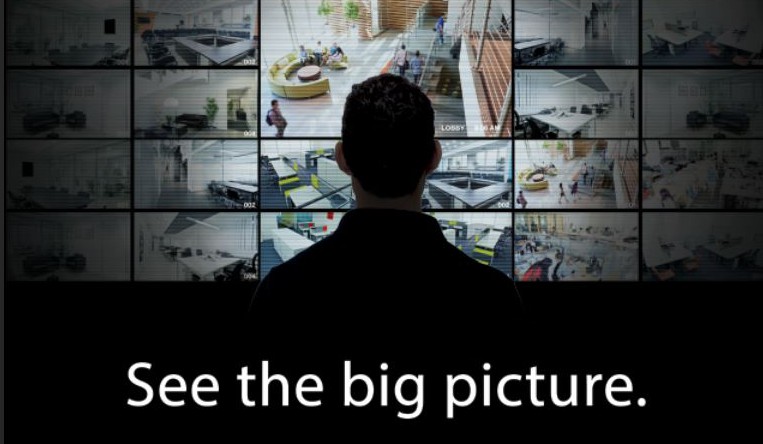Why is it beneficial to work with a systems integrator?
In order to fully answer this month’s, Ask Our Experts question, we first need to address exactly what makes systems integrators unique in the security industry. At the most fundamental level, systems integrators take specific, disparate hardware and software systems, generally from separate vendors, and link them to create a singular solution. In essence, they increase the effectiveness and efficiency of individual outputs, controls, and capabilities by connecting systems, and having them work together to attain a more robust security platform.
Having systems that work together puts the user at an enormous advantage when compared to someone who has individually installed and operated systems. For example, someone may have installed a high quality alarm system and then decided to reinforce it with an added surveillance system. Both do a great job of independently performing their intended tasks, but if a systems integrator were to install an alarm system and a surveillance system, rather than operating independently of each other, they could be designed to more thoroughly solve the user’s security challenge. If an alarm were triggered, a camera (or cameras) from the surveillance system could be programmed to automatically pan to the area of the triggered alarm. Identifying the actual source of the alarm is not only significantly easier, but can also be done remotely. This can also help prevent the reporting of false alarms, which can result in fines if multiple unnecessary dispatches occur.
Another example is the integration of a surveillance system with an access control system. When someone uses their credentials to access a secure building or area, the surveillance cameras can be programmed to pan to the entry point and then subsequent cameras can follow the trajectory of an individual, if necessary, to confirm that they are intended to have access authorization and that employees and costly assets are secure. Should an unauthorized person be detected, a facility lockdown could also be initiated. Additionally, if someone who was supposed to have access to a certain building or area forgot their credentials after hours, their identity could be visually confirmed using surveillance cameras and access granted remotely.
When it comes to the types of solutions that systems integrators can engineer, the previous examples are only a starting point, and not even close to the full spectrum of possibilities. Whether the user is looking for security, surveillance, access, life safety, or even facility management systems, one of the main benefits of integration is that every solution is designed to meet the user’s specific needs. Even previously installed systems from various vendors can be expanded and enhanced to create a single system interface, or simply work in concert with each other.
By connecting hardware and software through systems integration, you have greater control over your business or organization’s safety and security. More information will be available to you, more questions will have answers, and your business or organization will be significantly more secure. Here at Norris Inc., it is our goal to help clients create safer, more secure environments by truly understanding the unique challenges of their stand-alone systems and processes and finding ways to make them work as one. Long-term value is added to each individual component, making the overall value of integrated systems greater than the sum of all parts.



Very well voiced really. .
FreeAds